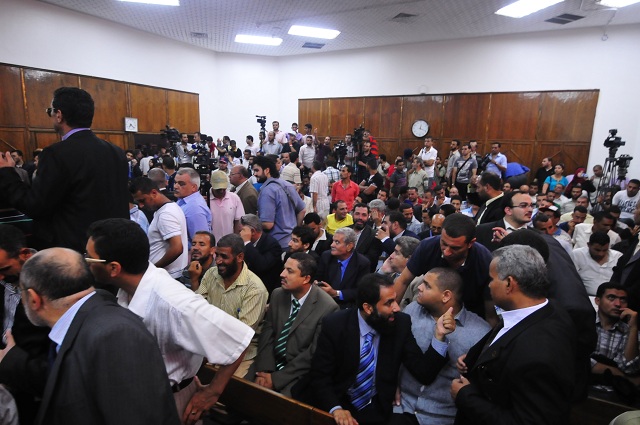Egypt’s Minister of Planning and Economic Development, Hala El-Said, addressed the widening financing gap for achieving the United Nations’ Sustainable Development Goals (SDGs) during a panel discussion at the 27th St. Petersburg International Economic Forum (SPIEF 2024).
El-Said highlighted that while the required financing represents only 1% of global wealth, the lack of multilateralism and cooperation among international organizations and countries has exacerbated the challenge.
El-Said emphasized that financing is a key enabler for development pathways and underpins all development programs. She noted that Egypt, like many emerging markets, remains vulnerable to external shocks and geopolitical crises, further complicating the financing landscape.
The minister pointed to the expansion of the BRICS group as a unique opportunity to address these challenges. El-Said stated that BRICS+, with its growing economic strength and focus on cooperation, could become a significant force in shaping the global economic landscape and supporting development efforts in Egypt.
She highlighted potential benefits for Egypt, including expanded trade, investments, and infrastructure development, particularly through the New Development Bank (NDB).
El-Said also discussed Egypt’s Vision 2030 and the financial sector’s crucial role in achieving its strategic development goals. She outlined the government’s financial formula for allocating resources to different governorates fairly and objectively, aiming to improve public investment management and promote decentralization.
Furthermore, El-Said highlighted Egypt’s efforts in enhancing climate and development financing. She mentioned initiatives such as the “Environmental Sustainability Standards Guide,” the Country Platform for the Nexus of Water, Food, and Energy Program, and the regulatory framework for climate-related financial disclosures.
El-Said also noted Egypt’s leadership in issuing climate and development bonds, including sustainable Panda bonds in the Chinese financial markets and the first sovereign green bonds in the Middle East and North Africa.
Addressing current challenges and opportunities in the financial industry, El-Said acknowledged the difficulties posed by geopolitical uncertainty and persistent price pressures. However, she emphasized the importance of resilient financial systems and capital markets for financial stability, job growth, and poverty alleviation.
El-Said concluded by advocating for moderate protectionist policies when necessary, coupled with strengthened global partnerships and the leveraging of sustainable finance to invest in green projects worldwide.
SPIEF 2024 brings together delegates from 136 countries, including Egypt, Azerbaijan, Brazil, Venezuela, India, Kazakhstan and China. Oman will be the guest country, Russian presidential aide Yury Ushakov told reporters.
Zimbabwe’s President Emmerson Mnangagwa, Bolivian President Luis Arce and President Milorad Dodik of Republika Srpska will be among the foreign leaders at the event.
Russian President Vladimir Putin addressed SPIEF 2024’s plenary session.
The SPIEF 2024 theme is ‘The Foundations of a Multipolar World – The Formation of New Areas of Growth.’
The forum’s program lists almost 400 business events, such as panel discussions and business dialogues, including EAEU-ASEAN, Russia-Africa, Russia-Latin America, Russia-China, Russia-South Africa, and other bilateral meetings.
SPIEF has been held in St Petersburg since 1997, and under the auspices of the Russian President since 2006. Over 17,000 participants from 130 countries took part in the SPIEF 2023 events, with more than 900 agreements signed.




